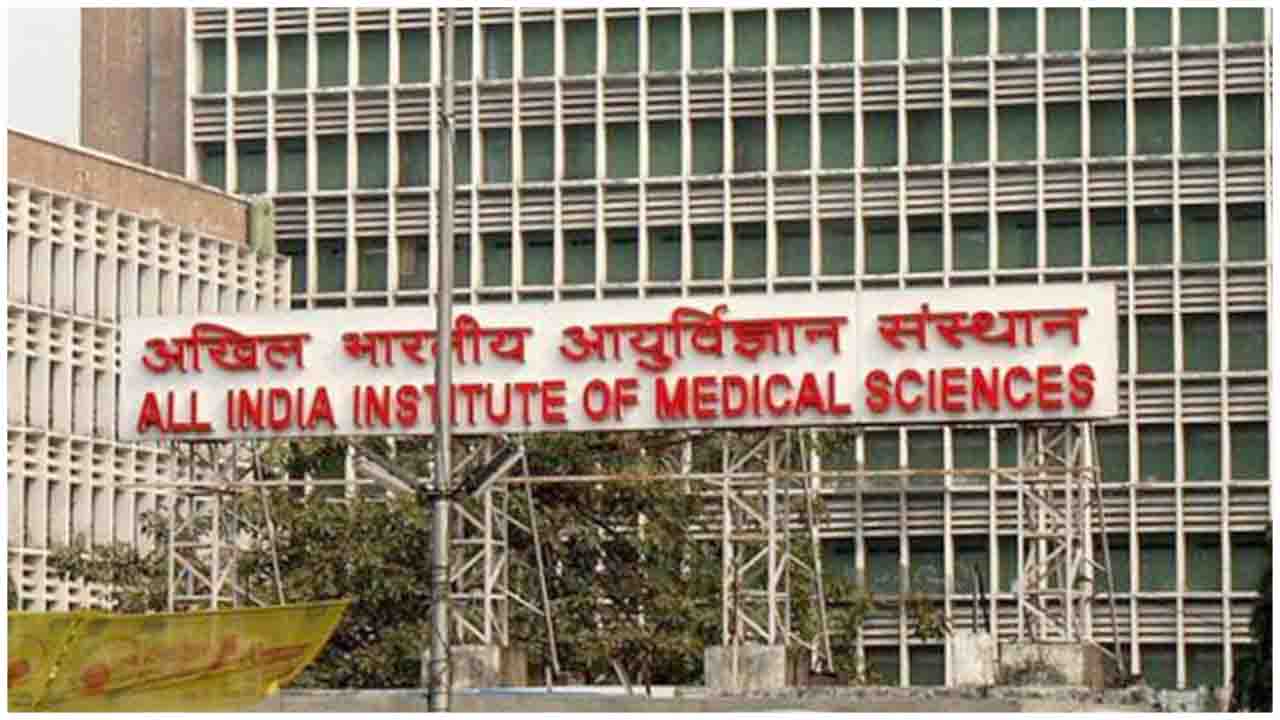Not just the lungs, Covid-19 can affect almost all organs and the initial symptoms may be totally unrelated to chest complaints, experts at AIIMS in New Delhi said on Wednesday.
They stressed that classification of cases into mild, moderate and severe categories based just on respiratory symptoms should be relooked to include other organ involvement.
Experts from the institute, including its director Dr Randeep Guleria, Dr MV Padma Srivastava, head of the Department of Neurology, Dr Ambuj Roy, Professor of Cardiology and Dr Neeraj Nischal, Associate Professor in the Department of Medicine during their weekly 'National Clinical Grand Rounds' organised in collaboration with NITI Aayog discussed various possible extra-pulmonary complications of Covid-19.
Dr Guleria said eight months into Covid-19, a lot has been learnt and accordingly strategies are being changed from time to time.
From what we thought of as viral pneumonia has a lot of other manifestations which are beyond the lungs, he said.
"As we have known more and more about Covid-19, we have realised it causes many extrapulmonary manifestations. This is basically of the fact that this virus enters into the cell through ACE2 receptors which although are present abundantly in upper airways and lungs, they are also present in many organs and thus other organs are also affected.
"We have seen many patients who presented with features which are not been predominantly pulmonary but extrapulmonary manifestations," Dr Guleria said.
He said though pulmonary manifestations continue to dominate as far as the majority of Covid-19 cases are concerned, there is a significant number of patients who would present with manifestations which may be along with pulmonary manifestations or maybe without pulmonary manifestations.
"We as clinicians need to have a high index of suspicion during this pandemic -- when to suspect, treat and isolate these patients so that we can provide them good quality care," he stressed.
The experts in the programme presented a number of cases in which the patients were labelled as asymptomatic or mild Covid but had serious life-threatening extra-pulmonary manifestations like stroke and heart blocks.
"What started off as viral pneumonia is now a multi-systemic disease. However, the jury is out whether SARS-COV2 is the culprit in these extrapulmonary manifestations or just an innocent bystander which happens to be at the wrong place at a wrong time," Dr Nischal said."So the classification of Covid-19 into mild, moderate and severe cases based only on respiratory symptoms should be relooked into to incorporate other organ involvement," he said.
Dr Nischal further underlined that management of such patients with other organ involvement should be as per existing guidelines of that particular complication.
The doctor from the Medicine Department also highlighted the case of a 35-year old man who had a headache and was vomiting but was found to have life-threatening cortical vein thrombosis.
When tested, he was found positive for Covid-19. He was asymptomatic for Covid-19 as per existing severity guidelines, Dr Nischal said.
"There is a big spectrum of neurological manifestations which have been linked to Covid-19. In some patients, the brain is involved and it may lead to clotting, resulting in a stroke or can cause infection and lead to encephalitis or other complications which have nothing to do with lungs," Dr Padma said.
Dr Ambuj's team presented the case of a patient who came with a very low pulse rate, detected Covid-19 positive and required initial support with some medicines to improve heart rate.
"Normally pacemaker is put in such patients to improve their heart rate but based on experiences documented in the literature, we realised some of these could be due to Covid-19, so a pacemaker was not put and her heart rate gradually improved with supportive treatment."
"Sometimes, the electrical pulse system of the heart which gives rise to heartbeat can be affected in Covid-19 and it is self-limiting and improves with time. So these patients who would otherwise normally require pacemaker may not ever need it. However, more evidence is needed to be definitive about this as it is a new disease and limited information and experience regarding it is available as of now," Dr Roy said.
Source : PTI / www.indiatoday.in

 Classification of Covid-19 cases into mild, moderate and severe categories based just on respiratory symptoms should be relooked :AIIMS
Classification of Covid-19 cases into mild, moderate and severe categories based just on respiratory symptoms should be relooked :AIIMS




















.jpeg)






.jpg)




.jpg)





.jpeg)
